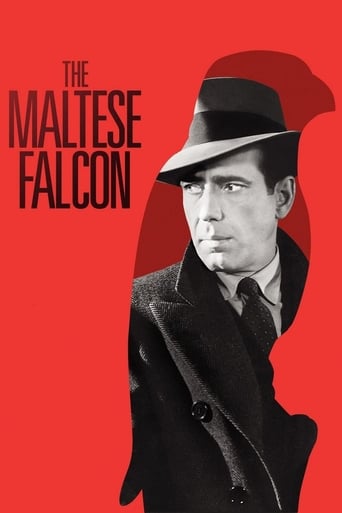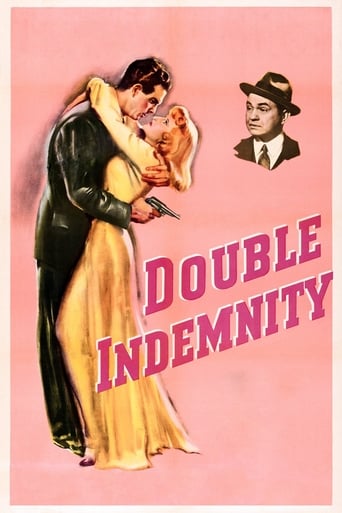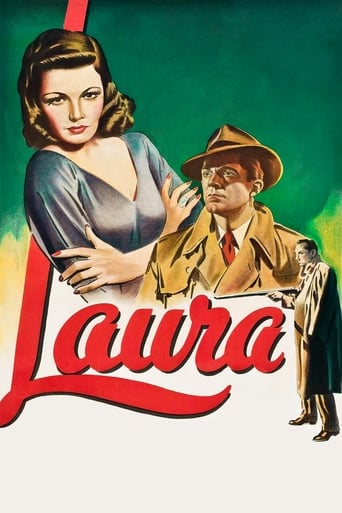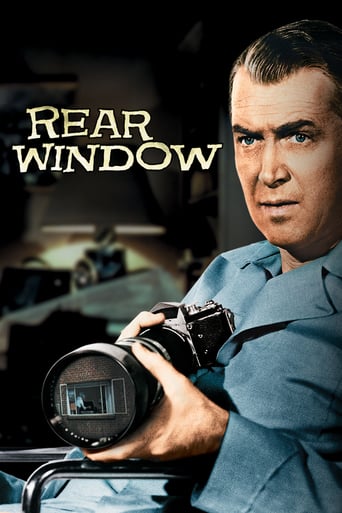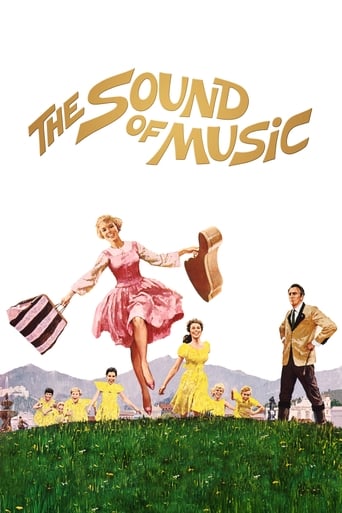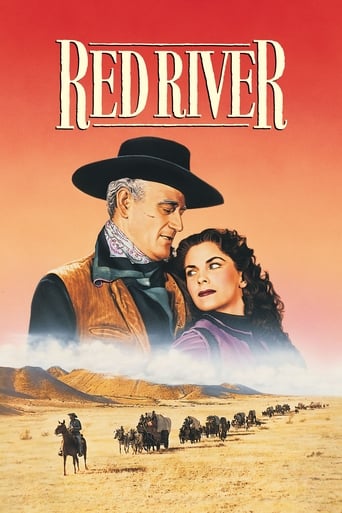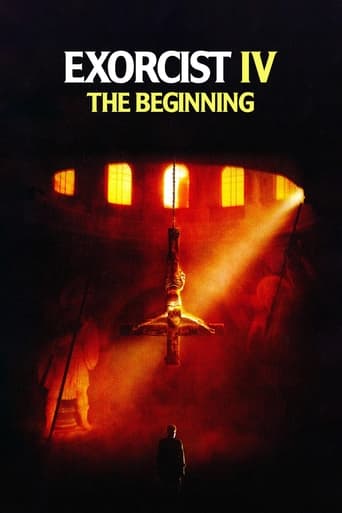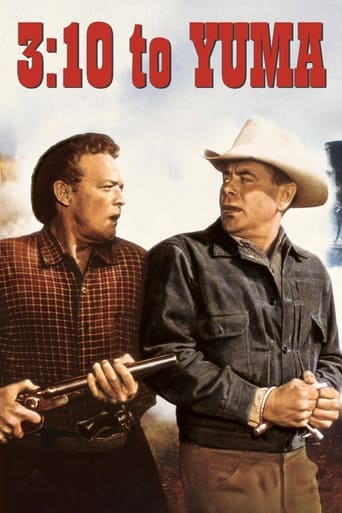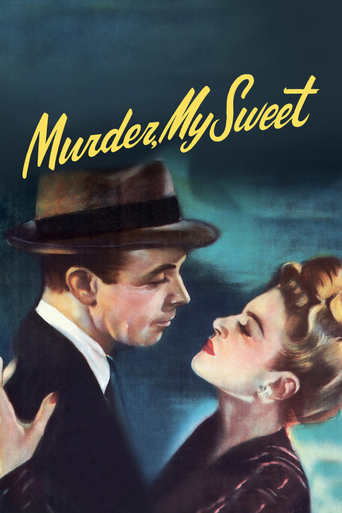


Murder, My Sweet
After being hired to find an ex-con's former girlfriend, Philip Marlowe is drawn into a deeply complex web of mystery and deceit.
-
- Cast:
- Dick Powell , Claire Trevor , Anne Shirley , Otto Kruger , Mike Mazurki , Miles Mander , Douglas Walton


Similar titles
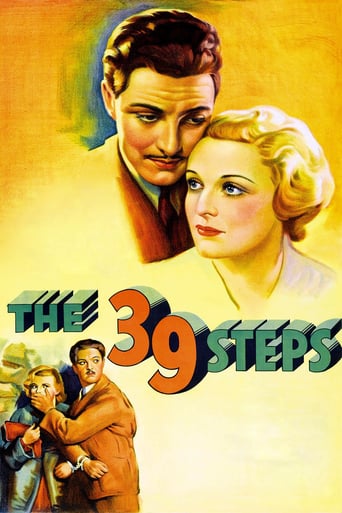


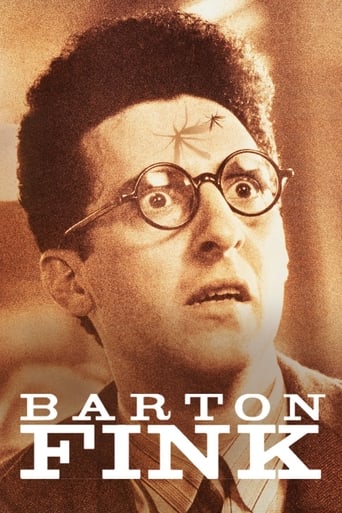

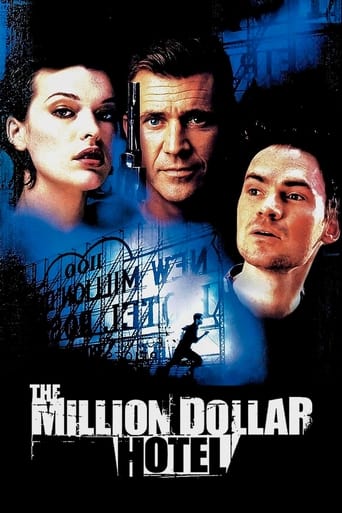



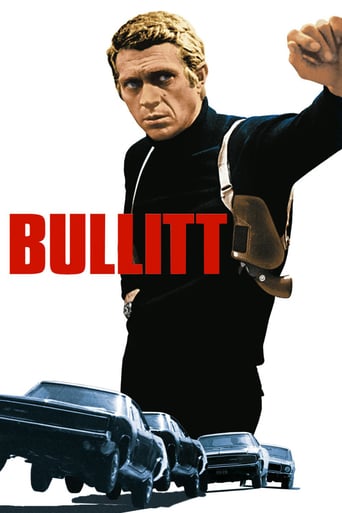
Reviews
Sadly Over-hyped
Disturbing yet enthralling
It is a whirlwind of delight --- attractive actors, stunning couture, spectacular sets and outrageous parties.
The film's masterful storytelling did its job. The message was clear. No need to overdo.
Late in 1944, when Raymond Chandler's popularity and critical esteem were at their height, RKO seized the opportunity to dust off their song-bought "Farewell, My Lovely" and film it straight. They couldn't resist changing the title to "Murder, My Sweet", but otherwise this is pretty well as authentic as Chandler ever got on the screen. Marlowe, for instance, was sensationally played by Dick Powell who, sick to death of his namby-pamby screen image as a lightweight crooner, talked the studio into re-inventing him as the tough, resilient, cynical private eye - a role that he was to play with minor variations and only one or two exceptions for the rest of his acting career. Powerfully directed by Edward Dmytryk, the movie not only won the Edgar Award for Best Mystery of the Year, but took millions at the box-office. Twelve years later, Chandler himself declared that Dick Powell deserved recognition as the nearest cinematic equivalent of Marlowe and that "Murder, My Sweet" was the best screen adaptation of any of his novels. (Available on a 10/10 Warner DVD).
Raymond Chandler's 1940 novel "Farewell, My Lovely" has been filmed three times. The first version (from 1942) was "The Falcon Takes Over" which adapted Chandler's plot, relocated the action from Los Angeles to New York and replaced Chandler's hero Philip Marlowe with the figure of The Falcon, a gentlemanly British detective (originally created by Michael Arlen) who became the hero of a long-running series of forties B-movies. This film from 1944 was released as "Farewell, My Lovely" in the United Kingdom, but in America it is known as "Murder, My Sweet", apparently because Dick Powell had previously been better known as the star of light-hearted musicals and the studio wanted to ensure that audiences knew they would be seeing a crime drama, not a comedy. When the remake starring Robert Mitchum was made in 1975 it was released under Chandler's original title worldwide.I will refer to this film by its British title, largely because that is the one with which I am most familiar. Like most films noirs it has a particularly complex plot. It opens with Marlowe being interrogated by police about two murders, and this interrogation serves as a framework, with the story being told in flashback. We learn how Marlowe accepted two sets of apparently routine instructions which landed him in trouble. Moose Malloy, a former wrestler recently released from jail, hired him to trace his old girlfriend Velma, and he was also hired to act as bodyguard to a man paying a ransom for some stolen jewels. Marlowe finds himself caught up in a web of intrigue involving the owner of the jewels, her husband and stepdaughter, Malloy, and a sinister psychic healer.The term "film noir", literally "black film", has a double, perhaps triple, meaning. Such films were figuratively "dark" because of the "dark deeds" which make up their plots, and perhaps also in the sense that these plots are often obscure and mysterious. They were, however, also "dark" in a literal sense, because they generally included striking chiaroscuro photography, often involving scenes shot at night. Here Edward Dmytryk goes even takes this tendency to extremes, shooting almost the whole of the movie at night with virtually no daytime scenes. Later crime dramas set in the Los Angeles area, such as Polanski's "Chinatown", have emphasised the brilliant Southern California sunshine, but here the City of Angels becomes a City of Dreadful Night, with Dmytryk using (as did other noir directors such as Hawks, John Huston, Billy Wilder, Sam Fuller and Carol Reed) physical darkness as a visual metaphor for both impenetrable mystery and moral depravity.Powell's performance as Marlowe has been the subject of some controversy, coming in for both praise and criticism. My view is that he is not at all bad, considering that he had had little previous experience of this sort of film, but even so he is not really in the same class as Humphrey Bogart who was to play Marlowe in Howard Hawks's "The Big Sleep" from two years later. The best performance here is probably from Claire Trevor, something of a noir specialist, as Helen Grayle, the owner of the jewels and the glamorous second wife of a wealthy, much older man. (The jewels are the story's "McGuffin". Did Chandler, I wonder, use the name "Grayle" as a deliberate reference to the Holy Grail, perhaps the most famous McGuffin in literary history?) Mike Mazurki is also good as Moose, a man with overdeveloped muscles and an underdeveloped intellect who nevertheless retains a certain rough integrity.This film is certainly a lot better than "The Falcon Takes Over", in which George Sanders is far too laid back and insouciant, even when serious matters like murder are at stake. (Chandler's story, in any case, was not really suitable for B-movie treatment). I am unable make comparisons with the Mitchum "Farewell, My Lovely", which I have never seen. As for "The Big Sleep", Dmytryk is able to maintain the tension as well as does Hawks, and the writing is better here than in the later film, one which we tend to watch more for its atmosphere than for its plot, which is impenetrable even by noir standards. The plot of "Farewell, My Lovely" may be complex, but it never becomes incomprehensible. Although I prefer Bogart to Powell, I nevertheless think that this version of "Farewell, My Lovely" can stand comparison with "The Big Sleep". 8/10
Murder My Sweet (1944) may not be the best or hardest-hitting film noir, but it is certainly dripping with classic noir imagery and tropes. It has everything the modern public associates with the genre/style/whatever you think it is: a snarky and cynical private eye, a duplicitous femme fatale, lost loves, claustrophobic sets drenched in shadows, voice-over narration, bizarre villains, the works.Chandler's Marlowe stories are more about atmosphere and the main character than delivering a great plot. Murder My Sweet does well on both counts. The atmosphere is charged with malevolence, making Bay City and LA look like urban hellscapes populated by criminals and corruption. The chiaroscuro lighting dominates every scene, lending the movie a nightmarish quality that culminates in a bizarre drug-induced hallucination sequence. And then there's Dick Powell as Marlowe. Though Bogart, Montgomery, and Mitchum did well with the part, Dick Powell is the best Philip Marlowe. He's cynical, yet strangely chivalrous. He's hardboiled, yet occasionally vulnerable. He's fantastic and I wish he'd been able to play the role in other movies.The ending is a bit too optimistic for my tastes, as the gloom and dread which pervaded it are so strong, but for its style and Powell alone, I consider this film one of the great classics of noir.
A film adaptation of Raymond Chandler's novel "Farwell, My Lovely", "Murder, My Sweet" is a great example of noir, with dramatic lighting, many night scenes, and a number of tough characters. Dick Powell--in a dramatic shift from the crooner roles he was used to--plays Philip Marlowe, the private eye who lives in a seedy world of losers and the corrupt. Marlowe's office is a small hole is a trashy building. Yet, healways needs rent money, so he is not very picky about the cases he takes.The film starts with Marlowe getting the third degree from the cops. Most of the story is his recounting of two cases, with Powell's voice frequently providing the voice-over narration. In one case, Marlowe agrees to search for a missing woman. The other starts as an insignificant job attending a planned rendezvous. As the cases develop, Marlowe discovers both are complex and dangerous enterprises.Along they way, he meets Ann Grayle, featuring Anne Shirley in her final screen role. Her motives are obscure, but she definitely gets Marlowe's attention.He also deals with Ann's step-mother, Helen Grayle (Claire Trevor), who has an eye for interesting men, and it doesn't take much to interest her. A few years after this role, Ms. Trevor will win an Oscar for her work in "Key Largo" in a very different role.Chandler's Marlowe is quick with the wisecracks and the similes ("She had a face like a Sunday school picnic.") I leave it up to the viewer to decide if Powell fully embodies the tough guy, but I think he does surprisingly well. Watch for the scene where he tries to shake off a drug-induced stupor. As with all Marlowe stories, the characters are stylized and so is the dialogue. But good acting makes even a stylized role realistic. The acting of Miles Mander (as Mr. Grayle) is likewise convincing.Another attribute of many noir detective films is a convoluted story (see "The Maltese Falcon" for example), and this film is true to form. But the story holds up to scrutiny. Still, I think the viewer will have greater success watching this film without distractions at home. I wonder how many moviegoers in 1944 were able to follow the story while seated in a theater with the usual distractions.One of the charming aspects of the film is the humorous dialogue, sometimes dark and deadpan, usually from Marlowe. It differentiates Marlowe from Sam Spade, for example, who is more intense.

